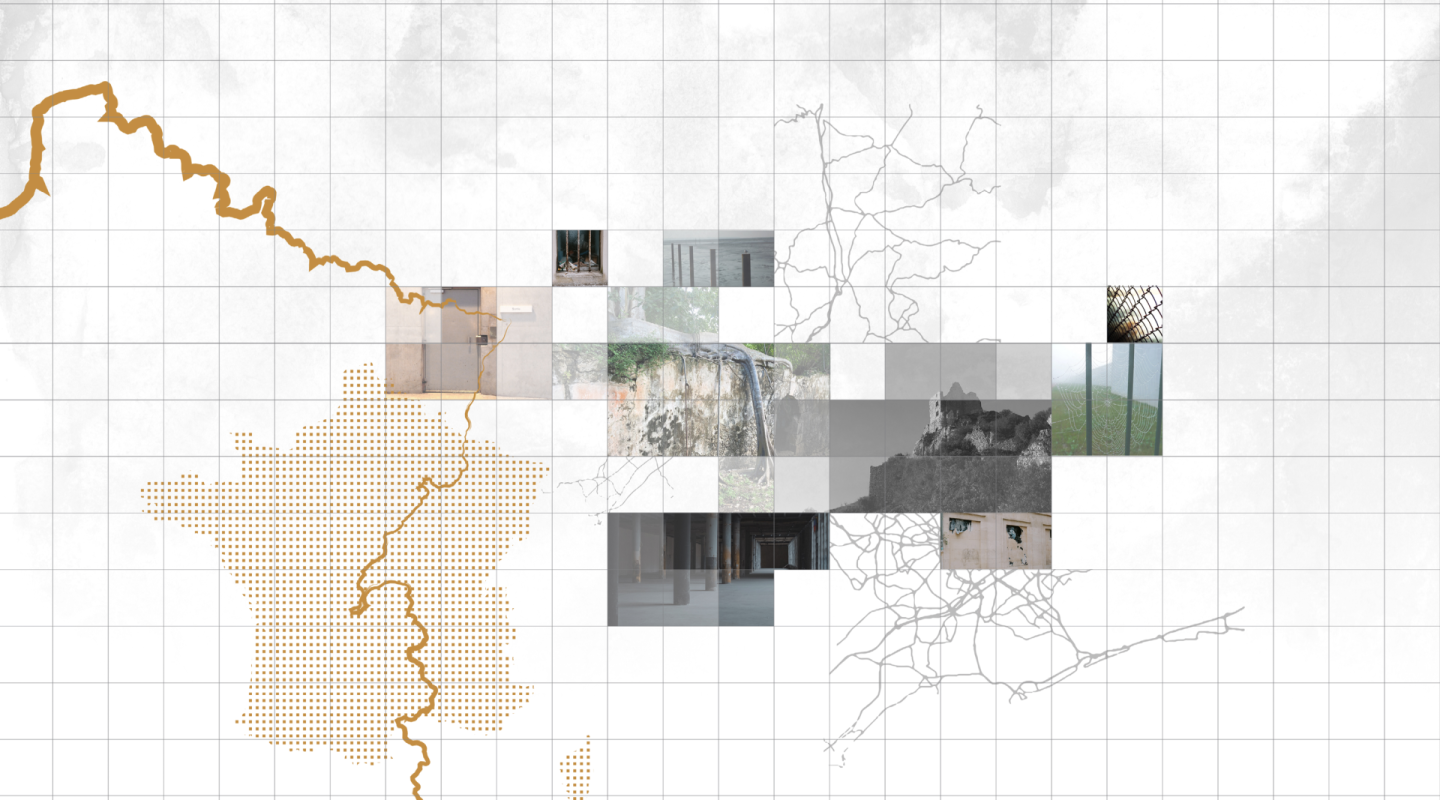On 1 January 2022, French prisons held 69,448 prisoners in facilities designed to hold 60,749. Most prisoners are held in remand centres, which are occupied at over 134%. The General Controller for Places of Deprivation of Liberty (Contrôleure générale des lieux de privation de liberté, CGLPL) has raised concerns with the French minister of Justice about the “physical and psychological toll” of prison conditions on the prisoners. This is attributed to the continued use of separation measures in visiting rooms for the past year, a lack of socio-cultural activities, limited or no access to sports, and the closure of libraries.
The CGLPL believes that efforts made to reduce the number of prisoners at the start of the 2020 health crisis are now “a thing of the past”. It highlights the significant increase in the prison population (+7,000 prisoners in one year).
In February, the Council of State observed that the mandated improvements and repairs at the Noumea prison had not been carried out, despite these measures having been mandated two years prior. Juvenile prisoners had to contend with faulty water sources, a shortage of mosquito repellents and mosquito nets, and windows that had not been replaced.
In March, the National Consultative Commission on Human Rights (CNCDH) issued an opinion on the enforcement of fundamental rights in prison. It pointed out the repeated warnings about the conditions in French prisons and made 20 recommendations. It stated, “The lack of action in addressing these shortcomings raises questions about the political commitment of the French authorities”.
In June, the French section of the International Prison Observatory and Amnesty International echoed similar concerns. Both organisations showed that, two years after France was condemned by the European Court of Human Rights, “France still falls short of meeting the Court’s requirements”.
From 30 May to 10 June, the CGLPL and its teams inspected the Bordeaux-Gradignan prison. This facility, with a staggering occupancy rate of 199%, holds a significant number of prisoners awaiting trial. Some sections of the prison recorded occupancy rates as high as 235%. During the inspection, a cell caught fire, resulting in one fatality. Following this visit, in July, urgent recommendations were made. Numerous issues were reported, including inadequate access to healthcare, a single daily outdoor exercise time, lack of recreational activities, unsanitary conditions, pests, and a lack of security. The Controller considers that “accommodating humans in this facility should be prohibited”.
In July and August, France experienced severe heatwaves. Prison conditions became unbearable. Showers were limited to just three times a week. The prison administration implemented a heatwave plan, which included awareness campaigns on good practices, opportunities for prisoners to purchase fans, provisions to buy hats and shorts in the commissary, and increased access to showers. However, this policy faced challenges due to prison overcrowding. At Nanterre prison, four people lived in an area of 15 m2.
In September, over 600 individuals from various backgrounds within the judicial, nonprofit, and political sectors involved or working within the prison system, sent an open letter to the Prime Minister, requesting internet access in prisons. They pointed out that independent administrative authorities and institutions were in favour of this proposal.
In October, six prison guards were suspended from their duties. They had been given suspended prison sentences and a ban from working in 2014 for assaulting prisoners at Moulins-Yzeure prison in Allier. Their sentences were later increased upon appeal. In 2022, the Court of Cassation finally rejected their appeal. Throughout the six-year legal process, the guards remained in their positions, backed by their unions.
By the end of that month, the French National Assembly passed an amendment postponing the possibility of individual cell occupancy for another five years. The 1875 law stipulating it has never been enforced and will not be until at least 2027.
On 1 December, the prisons held 72,836 prisoners - an all-time high. The Parliament approved the prison administration budget, with a significant portion earmarked for building new prison facilities. Over 680 million euros were allocated for this purpose. These funds are in addition to an estimated five billion euros in real estate. Over the past 30 years, France has built 36,000 new prison spaces. Yet, expanding the prison system has not mitigated the issue of prison overcrowding.




